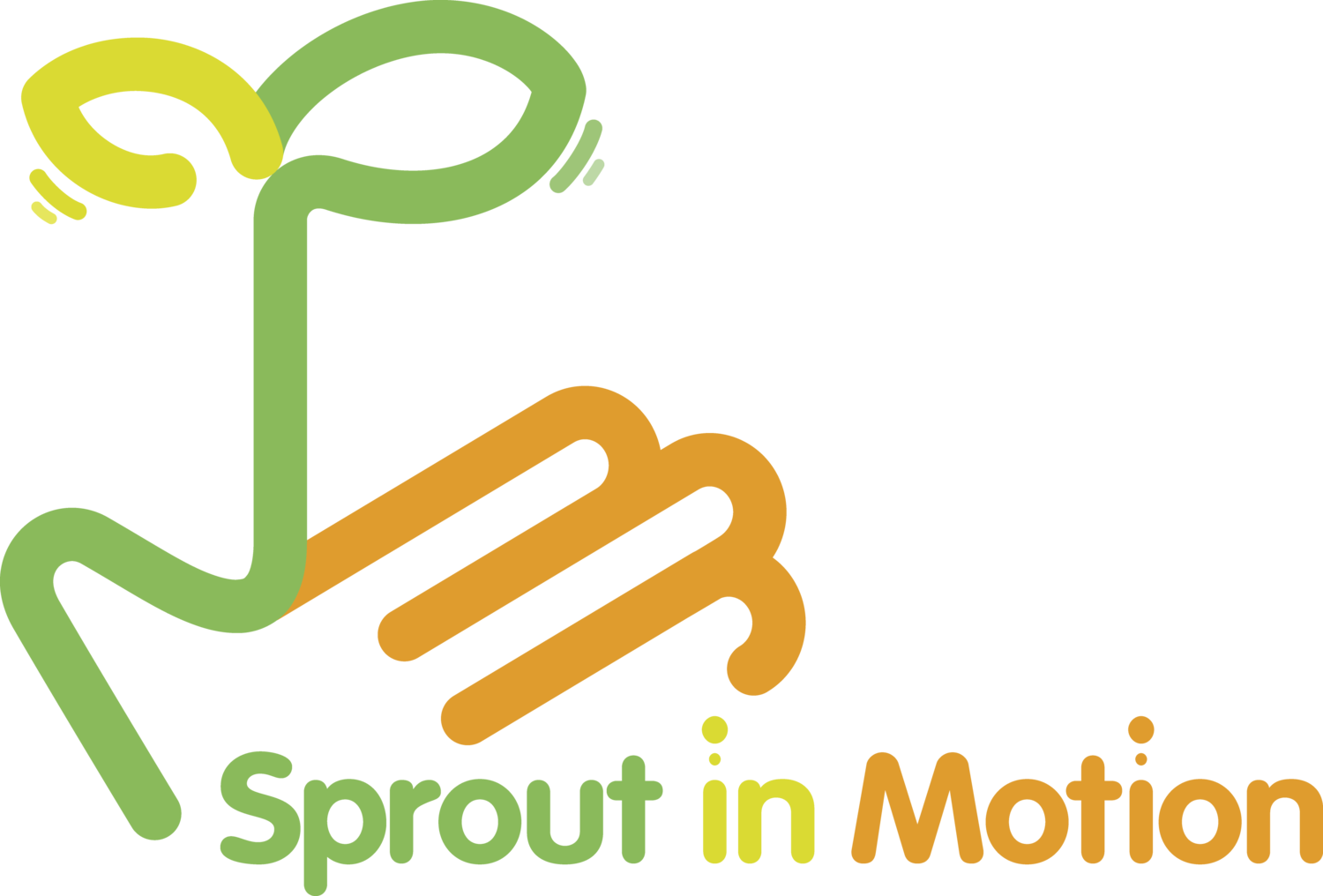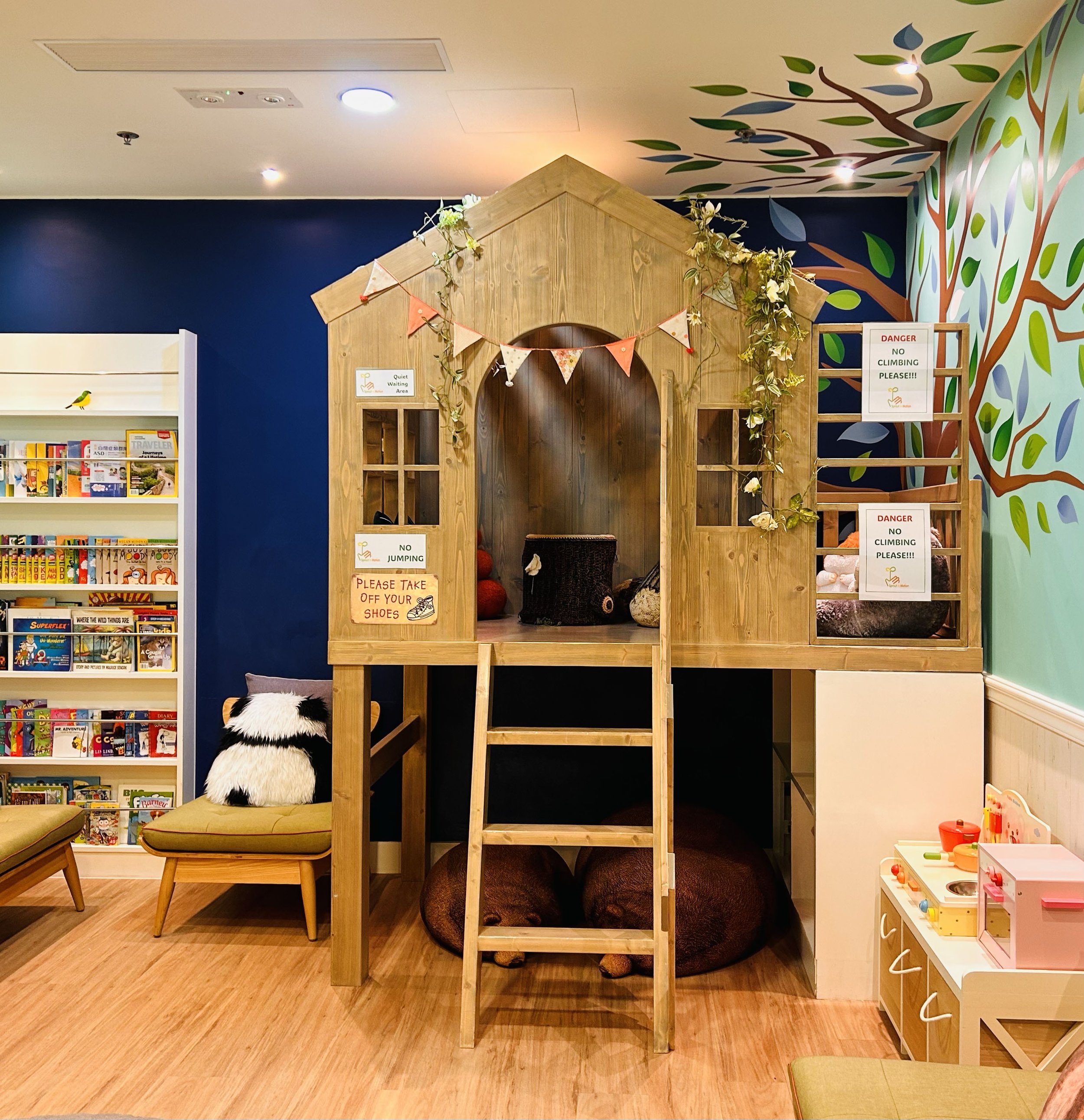Articles
Popsicles, Meltdowns, and Magic: Rewriting Summer Rules for Neurodivergent Kids
Summer can be both a time of freedom and challenge for neurodivergent children. From the joys of sensory exploration to the stress of disrupted routines, understanding the unique needs of children with autism, ADHD, and sensory processing differences is key to creating a supportive environment. This article offers practical tips for parents to embrace summer's potential, providing strategies for sensory-friendly outings, maintaining social and learning connections, and prioritizing self-care for the whole family.
Common Characteristics and Differences Between ADHD and Dyslexia: A Guide for Parents
ADHD and dyslexia are two of the most common neurodevelopmental disorders, often causing academic challenges and executive function deficits. While ADHD primarily affects attention and impulse control, dyslexia impacts reading and language processing. This guide helps parents recognize overlapping traits, key differences, and effective interventions to support their child’s unique learning needs. Learn how to identify symptoms, seek professional evaluation, and implement targeted strategies to help children thrive.
Understanding ADHD and Autism: Key Similarities and Differences Explained
Navigating the complexities of neurodevelopmental disorders can be challenging for parents and professionals alike, especially when distinguishing between ADHD and autism. While both conditions share overlapping symptoms, such as difficulties with attention and social interactions, they are distinct disorders that require tailored interventions. Understanding the nuances between Attention-Deficit/Hyperactivity Disorder (ADHD) and Autism Spectrum Disorder (ASD) is crucial for accurate diagnosis and effective support.
Five ways that ADHD brain is different from neurotypical brain
Recent research reveals unique brain differences in individuals with ADHD, offering new insights into its symptoms and treatment. Understanding these findings can help improve diagnosis, personalized care, and support for those living with this neurodevelopmental condition. Discover the latest advancements and their impact in this blog.
Unique Gifts and Toys for Kids with ADHD
Looking for the perfect gift for a child with ADHD? Discover thoughtful presents that celebrate their unique strengths and creativity. This guide highlights engaging toys and activities designed to inspire, calm, and support children with ADHD. From sensory items that promote relaxation to energy-burning toys and creative kits, find gifts that enhance focus and joy. Explore options like fidget toys, educational games, and art supplies that cater to their needs while making playtime fun! Celebrate their individuality with gifts that foster growth and happiness.
Explaining Your Child's Diagnosis of ADHD, ASD, and Other Neurodivergent Conditions
Receiving a diagnosis of ADHD, ASD, or another neurodivergent condition for your child can be both overwhelming and reassuring. It helps you better understand your child's unique strengths and challenges, but discussing it with them requires care and sensitivity. In this article, Dr. Minna Chau, Chief Child Psychologist and Founder of Sprout in Motion, shares expert advice on how to approach the conversation with your child, empowering you to support their development and promote self-acceptance.
Understanding the Benefits of Psychoeducational Assessments for Your Child
Psychoeducational assessments help parents understand and support their child’s learning and development. By identifying specific needs early, like reading difficulties or attention challenges, assessments enable targeted interventions, personalized learning plans, and exam accommodations, empowering children to thrive academically. Working with qualified professionals ensures reliable insights to guide effective support strategies for your child’s success.
Navigating Smooth Skies: Tips for Families with Neurodiverse Travelers
Traveling by plane can be an exciting adventure, but for families with neurodiverse children, it can also present unique challenges. Navigating busy airports, enduring long flights, and managing sensory overload can be daunting. However, with thoughtful preparation, a compassionate approach, and the right strategies, families can embark on their journeys with confidence and ease. This blog will provide essential tips for ensuring a stress-free travel experience for neurodiverse travelers, from pre-flight preparations to in-flight strategies and building partnerships with airlines. By embracing these practices, families can create wonderful travel memories and make air travel a more inclusive and enjoyable experience for everyone.
How to Cultivate Executive Function Skills During Summer Break: 5 Fun and Meaningful Activities
Even during summer break, you can help your child with ADHD strengthen their executive function skills, which include planning, organization, memory, and self-regulation. Take advantage of the break to engage in activities like planning a family trip, organizing a sports tournament, or creating a field trip itinerary. These fun and meaningful tasks offer excellent opportunities for your child to develop essential life skills in a relaxed, enjoyable setting.
How To Help Your ADHD Child Make Friends
For children with ADHD, forming friendships can be a challenging task, but parents can play a crucial role in helping them navigate social interactions. In this article, we are sharing with you 14 strategies that parents can use to assist their children in making friends.
When Parent and Child Both Have ADHD
Parenting with ADHD can be overwhelming, particularly if untreated, as it can impair organizational skills and stress management. Women often learn they have ADHD in adulthood, due to differences in how ADHD manifests in boys and girls, leading to underdiagnosis in girls. Many women with ADHD are misdiagnosed with anxiety or depression.
Treating ADHD in parents can significantly improve their ability to manage their children’s needs, including medication and appointments. This is crucial as untreated ADHD in parents can lead to inconsistent management of their children’s ADHD, reducing the effectiveness of the treatment.
Our Journey with PCIT
How Parent-Child Interaction Therapy (PCIT) Helped Me Regain Confidence in Managing My Child's Behavior
When I became a mother to my beautiful son, Shawn, I couldn't have been happier. However, as he grew, I noticed that his behavior was becoming increasingly challenging. At four years old, Shawn was often uncooperative, defiant, and seemed to struggle with self-control. As a young mother, I felt unsure of how to handle these issues and began to lose confidence in my ability to manage Shawn's behavior effectively.
What is twice exceptional?
Twice exceptional, also known as 2e, refers to individuals who are both gifted and have a learning or developmental disability. These individuals have exceptional abilities or talents in one or more areas, such as academics, creativity, or leadership, but also have a disability, such as ADHD, dyslexia, or autism, that can hinder their ability to learn and function in certain areas.
The Needs and Goals for A Good Shadow Teacher
Shadow teachers are paraprofessionals who work with students in the classroom to provide support and assistance for academic and social tasks. The goal of a shadow teacher is to help students succeed in school by providing personalized attention and support.
14 tips for kids with ADHD to easily make friends
For ADHD children, making friends is not an innate ability, but parents can use the following 14 ways to help their children fulfill their desire to make friends.
Nine ways artificial intelligence can help hyperactive ADHD
Unlock Better Outcomes for ADHD with AI: Attention Deficit Hyperactivity Disorder (ADHD) is a complex neurological disorder that affects millions of people around the world. It can be difficult to manage, and many sufferers struggle with day-to-day tasks as well as their mental health. Fortunately, advances in artificial intelligence (AI) are providing new opportunities for those living with ADHD. By leveraging the power of AI, we can unlock better outcomes for those living with ADHD and increase access to care so everyone has the chance at a brighter tomorrow.
Don’t Freak Out! Rules for Navigating Teen Behavior Challenges
Effective Parenting Strategies for Navigating Teen Behavior Challenges: Too strict. Or, too wishy-washy. Lecturing constantly. Or hardly communicating. Inconsistent parenting strategies can exacerbate unwanted behaviors, especially among teens with ADHD. How to create the right pattern at home.
Does ADHD look different in girls?
ADHD affects girls and boys about the same amount. But in many girls, ADHD symptoms are harder to spot. This means girls with ADHD are less likely to be diagnosed - and less likely to get the help they need.
Characteristics of learning disabilities that can hide in plain sight
Teachers are often the first to notice that a child has a learning disorder. Sometimes the signs are easy to spot, like a student who’s way behind in reading. Or a child who’s working hard but just keeps failing tests. But sometimes the signs are harder to see. And that can mean kids who need help don’t get it.
What are executive functions? What impact does the strength of executive function have on children?
「我的孩子很聰明,但怎麼這麼散漫呢?」「我的孩子明明反應很快,做事卻總是落後別人,問題到底在哪裡?」





















